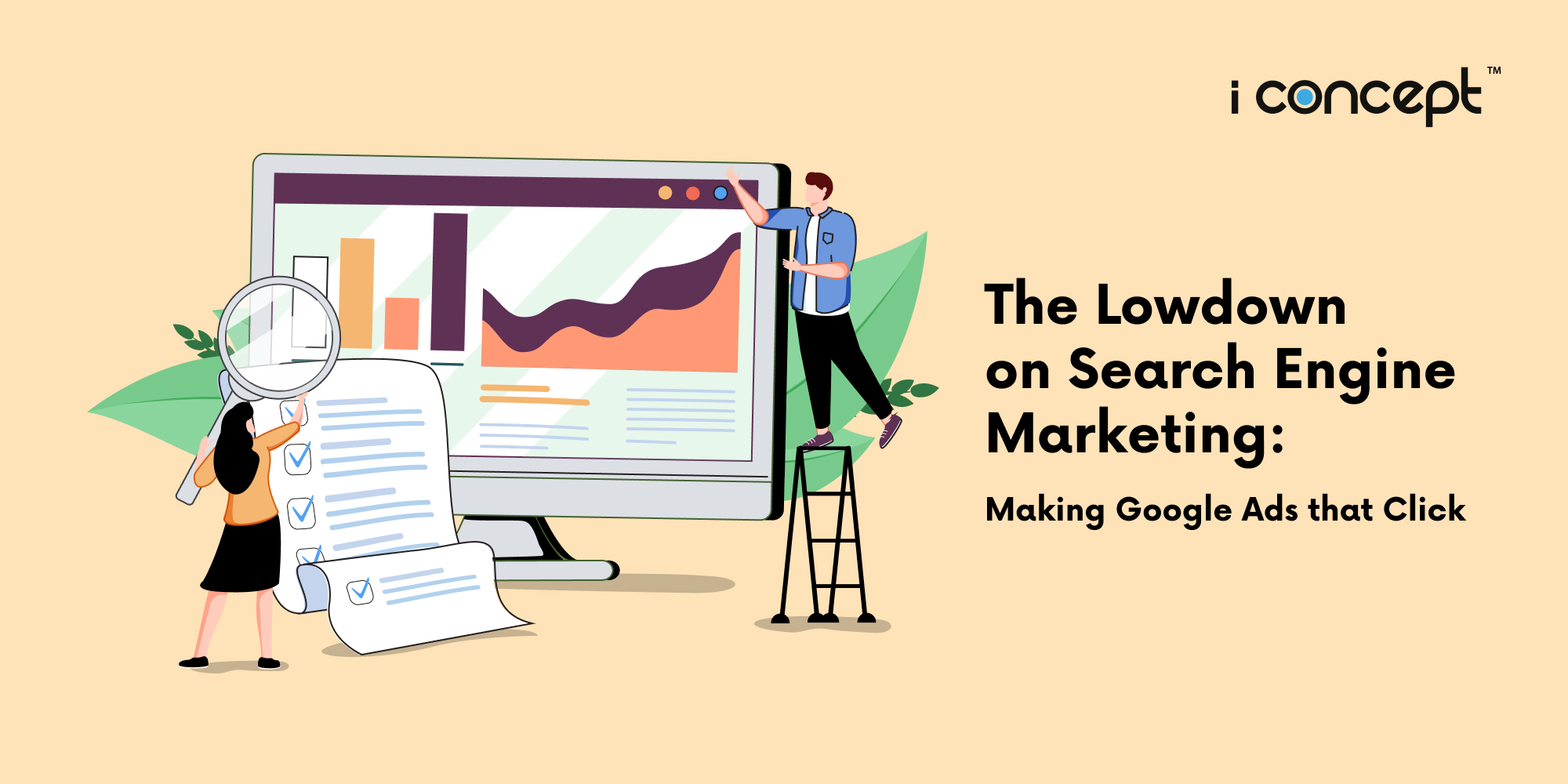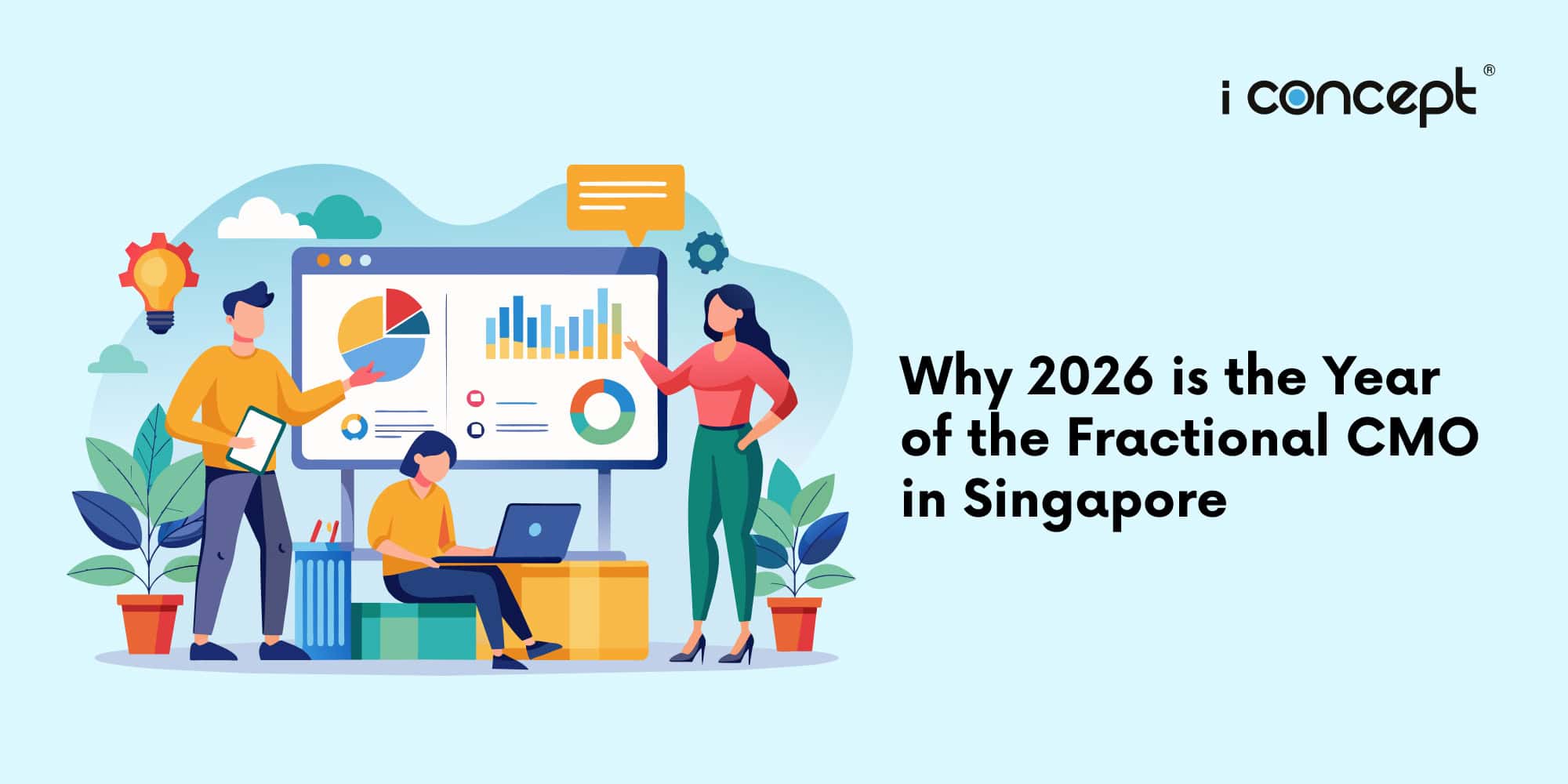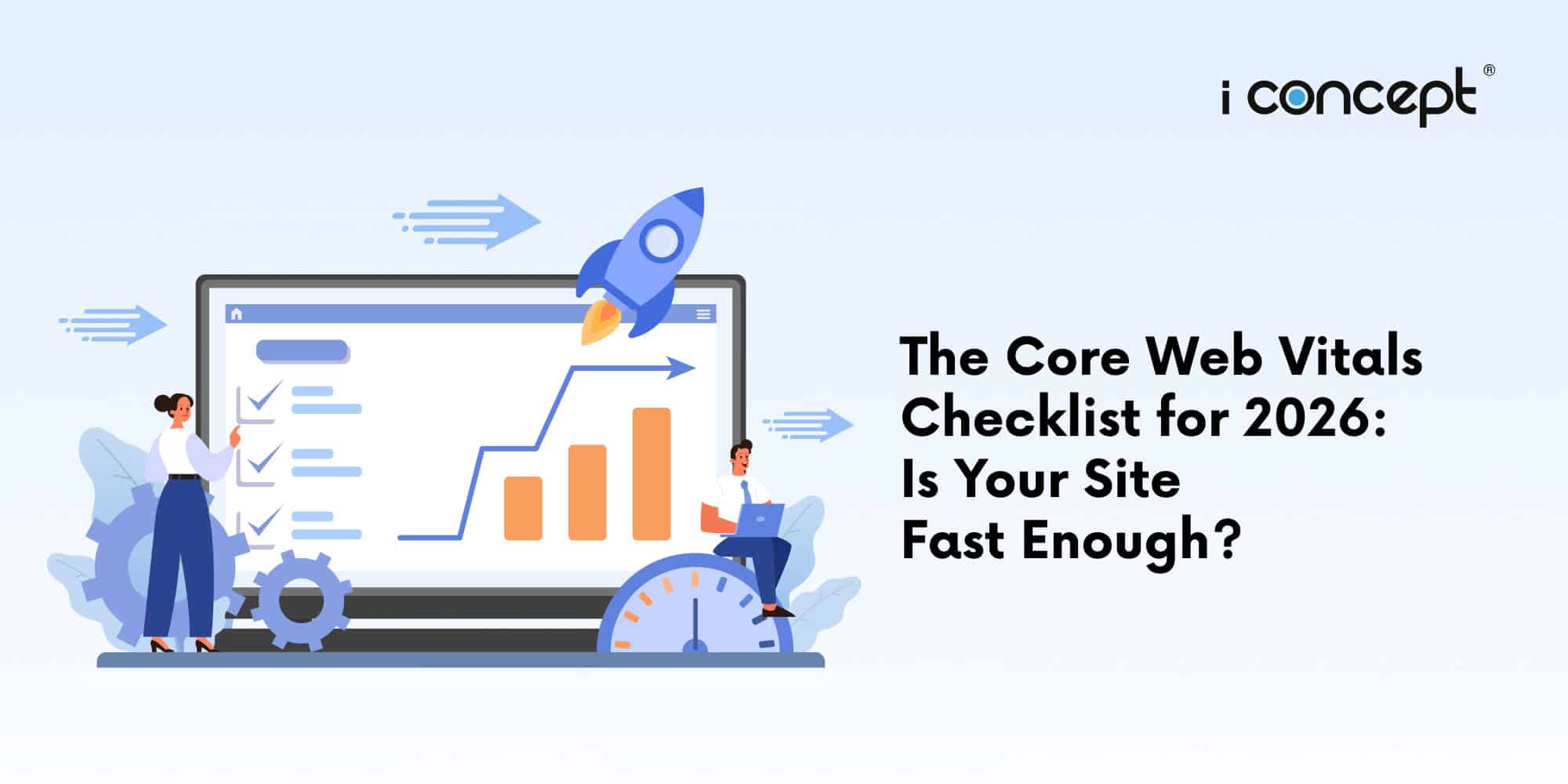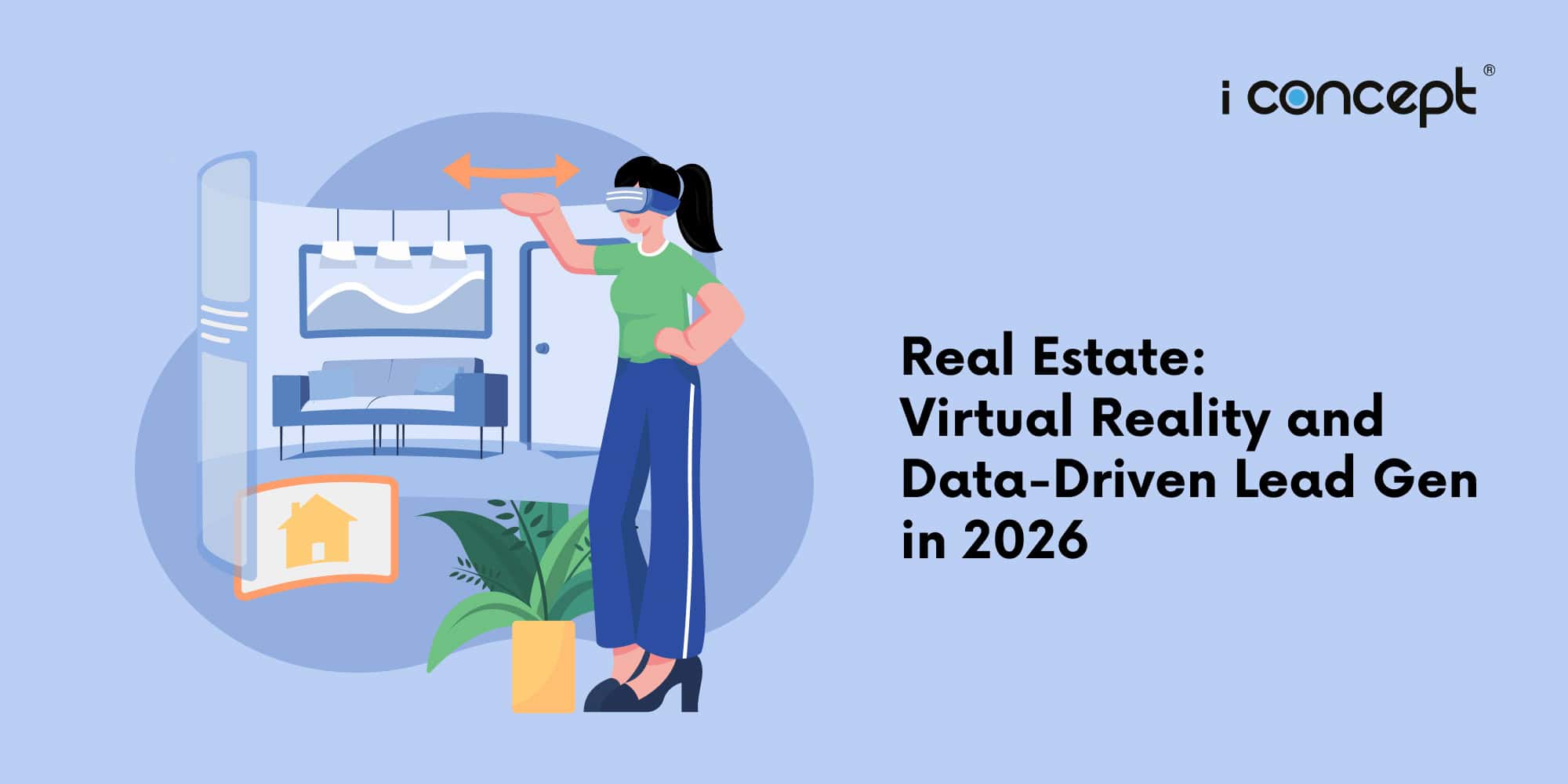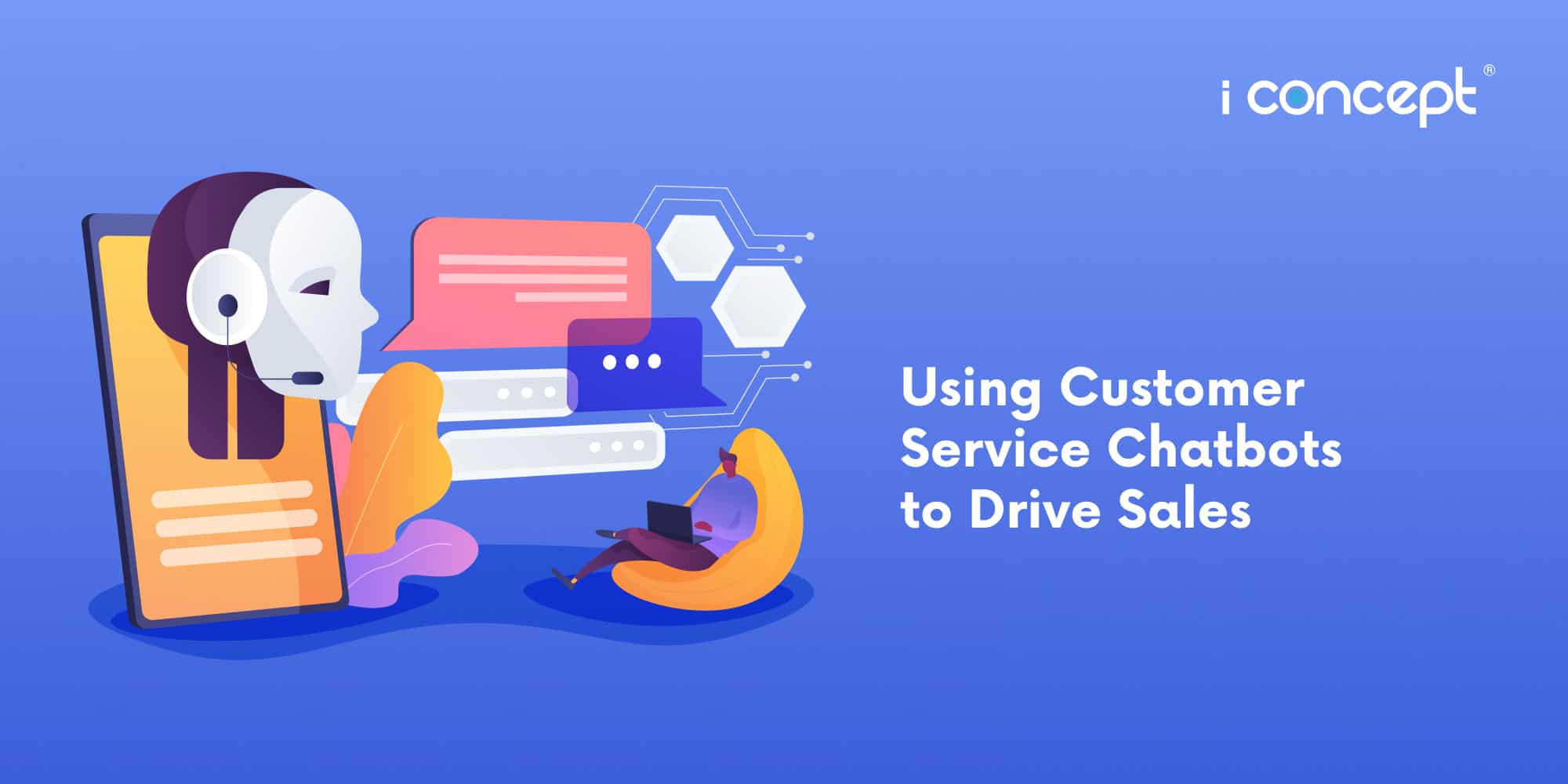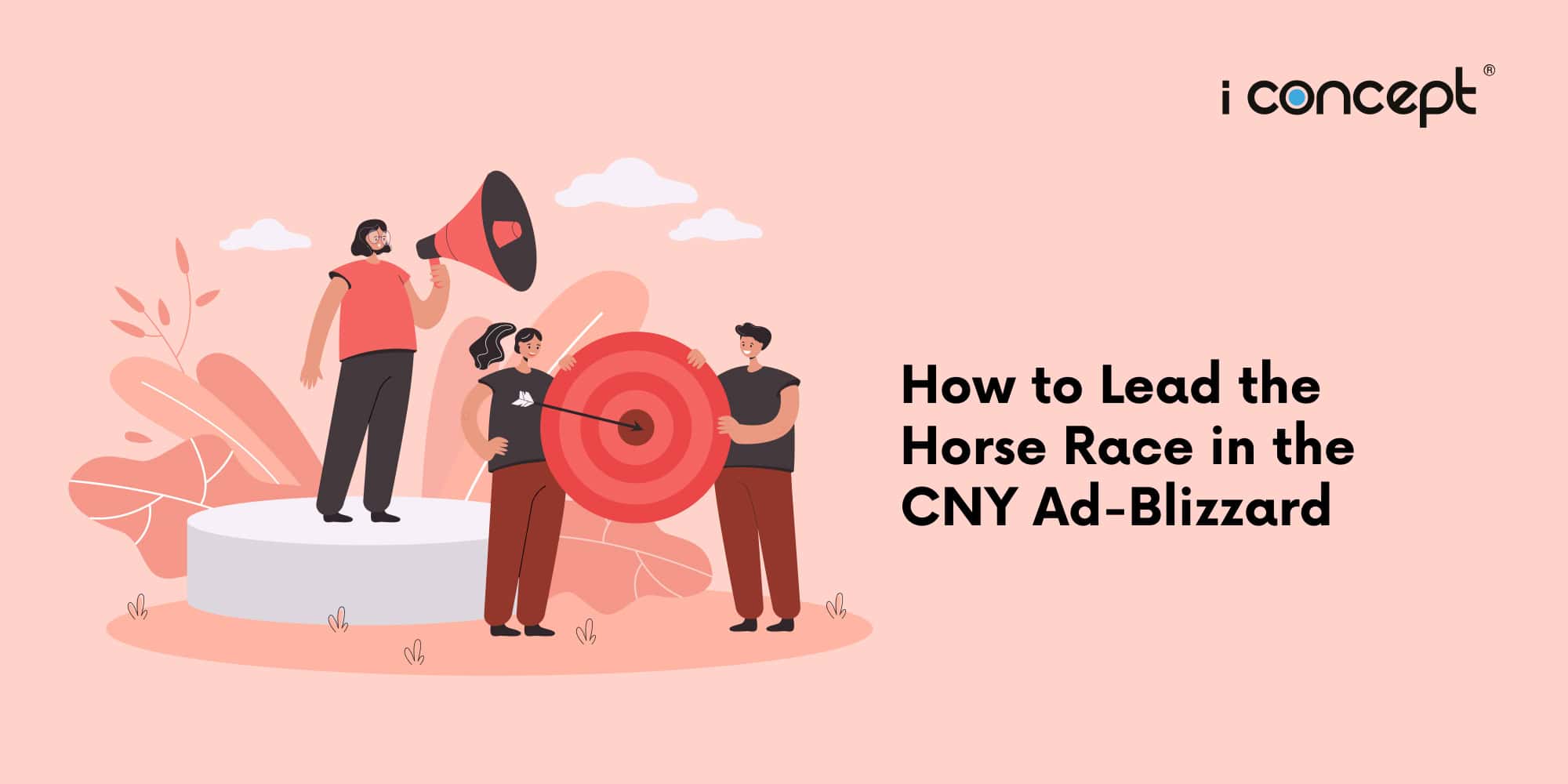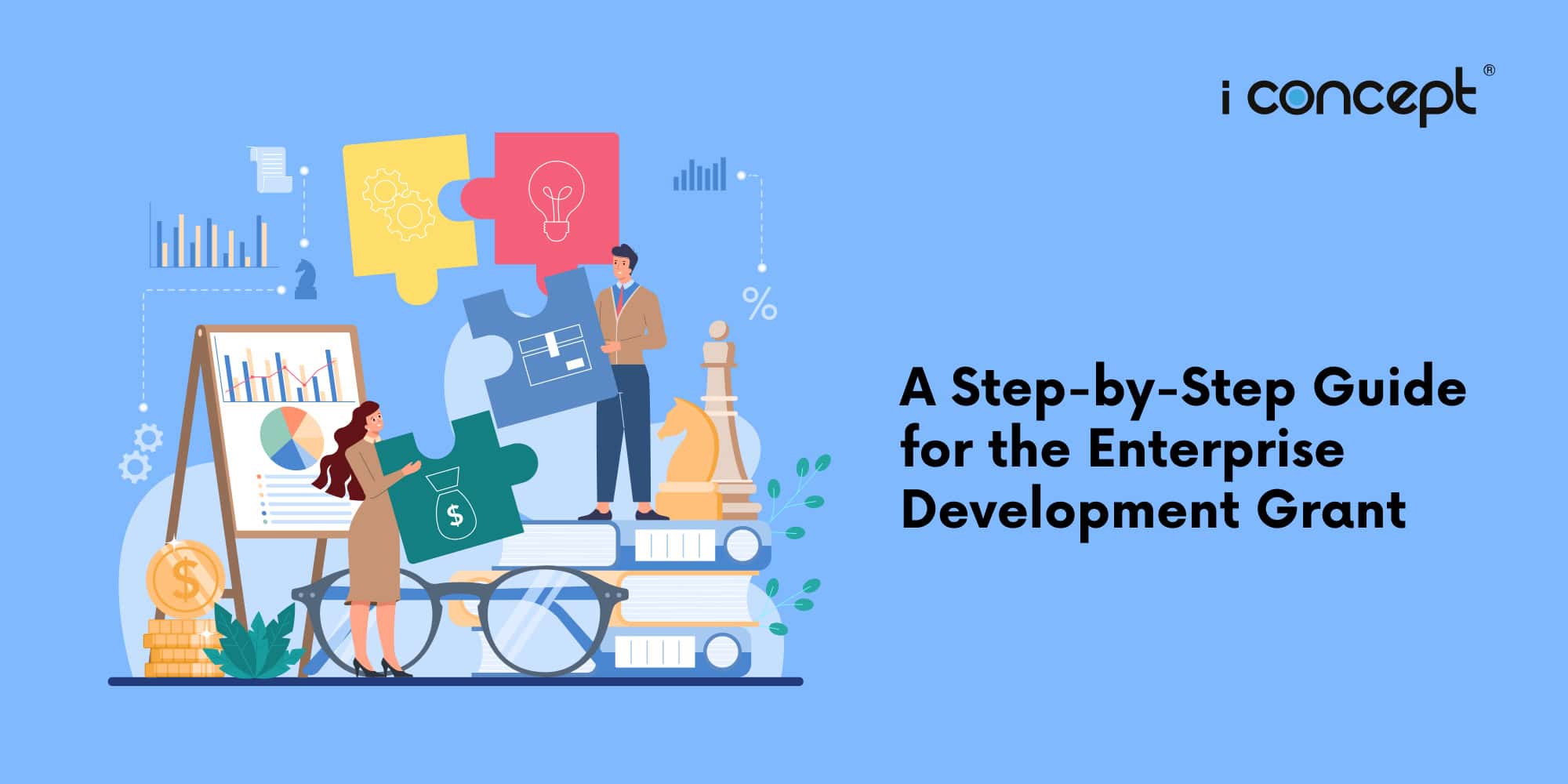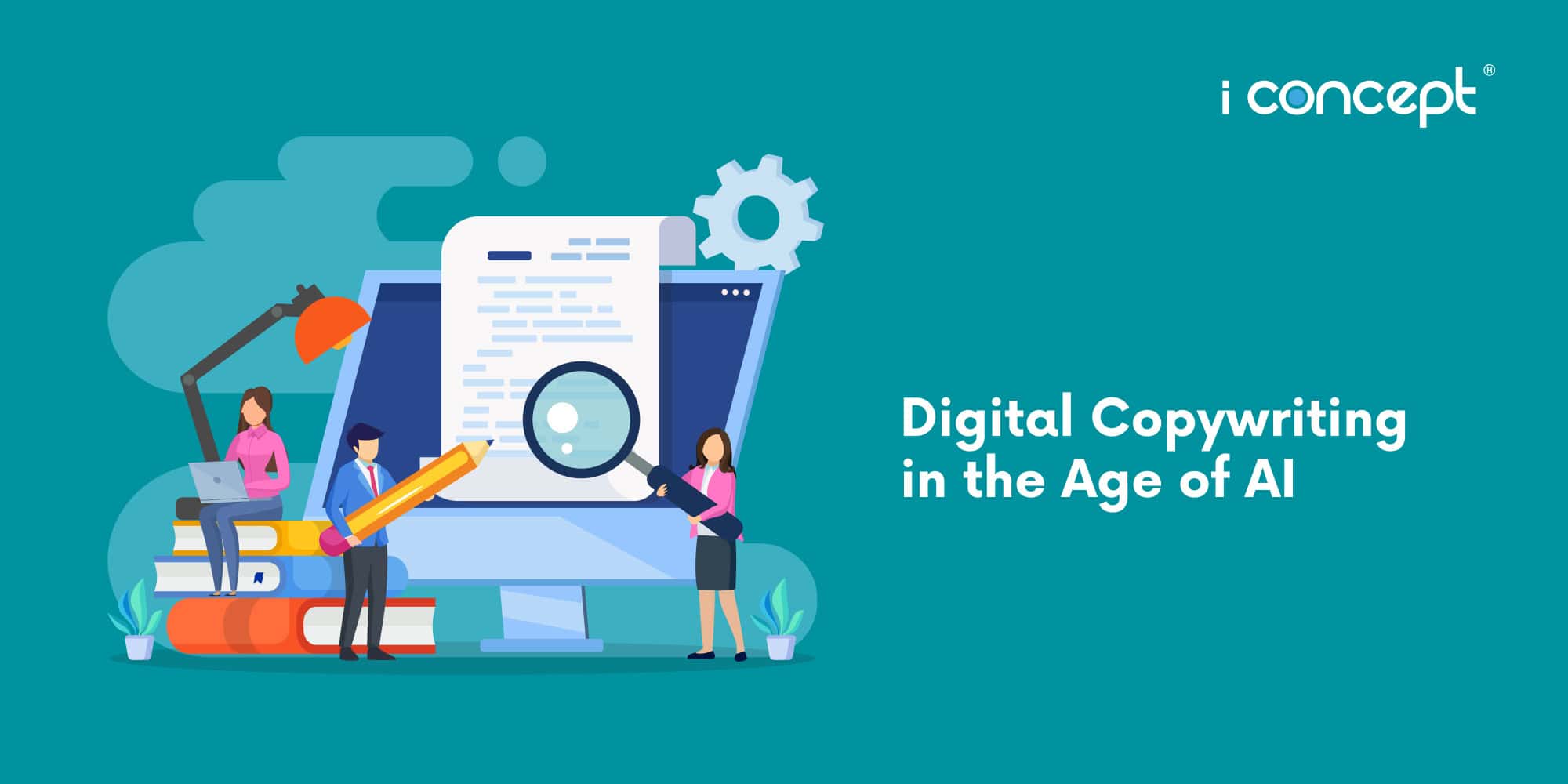Search engine marketing, or SEM, is one of the most effective digital marketing tools to help grow your business in an increasingly competitive marketplace. With millions of businesses out there all vying for the same eyeballs, it’s never been more important to advertise online, and search engine marketing is the most effective way to promote your products and grow your business.
While it’s critical that you employ organic strategies to attract traffic over the long term, sometimes, you can’t properly compete on the SERPs (search engine results pages) without putting some money behind it, and that is where SEM comes into play.
In this guide, you’ll learn an overview of search engine marketing basics, as well as some tips and strategies from a digital agency, to do search engine marketing right.
What is search engine marketing?
Search engine marketing is a key digital marketing strategy used to increase the visibility of a website on search engine results pages.
While the industry term once referred to both organic search activities such as search engine optimisation (SEO) and paid, it now refers almost exclusively to paid search advertising.
Search engine marketing is also alternately referred to as paid search, or pay per click (PPC).
These ads come in a variety of formats. Some are small, text-based ads, whereas others, such as product listings ads (also known as Shopping ads) are more visual, product-based advertisements that allow consumers to see important information at a glance, such as price and reviews.
Search engine marketing’s greatest strength is that it offers advertisers the opportunity to put their ads in front of motivated customers who are ready to buy at the precise moment they are ready to make a purchase. No other advertising medium can do this, which is why search engine marketing is so effective and such an amazingly powerful way to grow your business.
SEM vs SEO: What’s the difference?
Generally, search engine marketing refers to paid search marketing, a system where businesses pay the search engine to show their ads in the search results.
Search engine optimisation, or SEO, is different because businesses don’t pay for the search engine or traffic and clicks. Instead, they earn a free spot in the search results, by having the most relevant content for a given keyword search. However, SEO is a long-drawn process, where keywords need to be properly and efficiently integrated into the website, through good and smart digital copywriting, so that search engines detect your webpage as relevant and show up on SERPs.
Both SEO and SEM should be fundamental parts of your online marketing strategy. SEO is a powerful way to drive organic, evergreen traffic at the top of the funnel, while SEM is a highly cost-effective way to drive conversions at the bottom of the funnel.
How does search engine marketing work?
Search engines use complicated algorithms to ensure the most relevant results are returned for each search, including location and other available information.
In paid search advertising, sponsored ads appear at the top of and on the side of search engine results pages to gain more visibility and prominence than the organic results.
Let’s say that you are a customer looking for a product or service online. You go to a search engine and type in your search terms (also known as keywords).
In your search results page, you will come across various company ads whose keywords match the keywords in your search.
These ads appear in prominent locations on the page – along with the other search listings that match your keywords. The paid listings are highly relevant to your specific search, making it likely that you will click on them.
Now let’s take a look at how SEM campaigns work from the marketer’s perspective.
SEM networks are self-serve operations. Once a digital agency marketer selects a network, they can get a campaign up within a short period of time.
When setting up a campaign within an SEM network, the marketer is prompted to:
- Conduct keyword research and select a set of keywords related to their website or product
- Select a geographic location for the ad to be displayed within
- Create a text-based ad to display in the search results
- Bid on a maximum price they are willing to pay for each user click on their ad
Text-only ads are easy to produce. Digital agency marketers just need a headline, text for the body of the ad, a call-to-action, and a URL for the hyperlink.
To ensure that you’re able to use SEM to properly advertise your products or services on the SERPs, we’ve gathered a list of the essential SEM tools, as well as a walkthrough of the important components of an SEM Ad Auction.
How an Ad Auction Works
Once you’re ready to invest in SEM, you’ll need to enter into an ad auction. There are several search engines out there, and for this article, we’ll focus on the ad auction in today’s most widely used search engine, Google Ads.
In simple terms, every Google ad you see goes through an ad auction before appearing in the SERPs. To enter into an ad auction, you’ll first need to identify the keywords you want to bid on and clarify how much you are willing to spend per user click on each of those keywords.
Once Google determines the keywords you bid on are contained within a user’s search query, you are entered into the ad auction.
Not every ad will appear on every search related to that keyword. Some keywords do not have enough commercial intent to justify incorporating ads into the page – for instance, when you type “what is marketing’ into Google, there won’t be any ads appearing.
Additionally, even if your keyword is a good fit for an ad, it doesn’t mean you will “win” the bidding. The ad auction considers two main factors when determining which ads to place on the SERP – your maximum bid, and your ads’ quality score.
A ‘quality score’ is an estimate of the quality of your ads, keywords, and landing pages. You can find your quality score, which is reported on a scale of 1 – 10, in your keywords’ “status” column in your Google Ads account. The more relevant your ad is to a user, as well as how likely a user is to click through and have an enjoyable landing page experience, all factor into your overall quality score.
With this in mind, here are some of the factors that you should go into your strategy if you want to earn paid ads success.
Keyword Intent
Pay-per-click, or PPC, strategy starts with choosing the right keywords to bid on. That means doing research to determine what keywords to bid on or, in other words, what queries you want your ad to show up for. Start by brainstorming brand terms that describe your product, and even terms that describe your competition.
If you have a small budget, you may only want to bid on keywords that have buying intent. However, if you have a larger budget, you may find that you have room to bid on keywords targeting earlier stages of the buyer’s journey or even terms that are loosely related to your products.
Keyword Volume and Competition
If no one’s searching for your target keywords, you won’t get any results from your ads. At the same time, keywords with extremely high volume attract more competition (and, in some cases, lose relevancy). When doing keyword research, relevant high-volume and low-competition keywords are a sweet spot, but they may not be easy to come by. It then becomes a balancing act between demand (volume) and budget (competition).
Keyword Cost
Ad placement is determined by the bid you specify for the keyword and the quality score Google has given your ad. Higher bids and higher quality ads win the best placement. With this in mind, high competition keywords end up being more expensive. Bidding too low means your ad will not be shown, so you’ll want to ensure that you can be competitive based on how much competition is for the keyword.
Account and Campaign Structure
In theory, you could lump all of your keywords together in a single bucket and display one ad for the aggregate lot. But your budget would be eaten up by a handful of high-volume keywords, and your quality score would go down. That’s why structuring your Google Ads account properly is so important.
There are several levels for Google Ads campaign organization:
– Ad – The copy that’s displayed for the keywords you’ve chosen.
– Keywords – The queries you’re bidding on.
– Ad Group – Sets of like keywords grouped by theme.
– Campaign – Highest level for managing ad groups.
At each level, you’ll be able to determine what’s working and not working, making you more informed about the performance and how your money is being spent.
Copy
At the end of the day, when your keywords are chosen and your account is structured, you still have to write good ads and “earn” the click. Good digital copywriting counts.
An ad is made up of a few components:
– Title – e.g. Blogging for Business
– Display URL
– Description – e.g. Use Blogging to get more leads.
Understand exactly what the searchers are looking for with their queries and see if you write a great ad that makes your offer attractive.
Keep in mind also that SEM isn’t a set-it-and-forget-it activity. Ongoing PPC management helps you eliminate budget waste, experiment with ads, and optimize keywords you’re bidding for to ensure that you’re getting the most ROI (return of interest) from your efforts.
Getting the help of experienced marketers
So you see, getting SEM done right is more than just putting some copy and keywords together. It’s simple, but also requires some planning and smart strategizing, to reach your potential clients.
Still unsure about the whole SEM business? Or do you need more assistance in dealing with your brand’s SEM and other digital marketing efforts? The experienced team at I Concept is able to help you with them all. A leading creative agency in Singapore, we specialise in digital marketing and branding, with our dedicated copywriters and marketers on hand to make your Google ads click. Get in touch with I Concept today.
